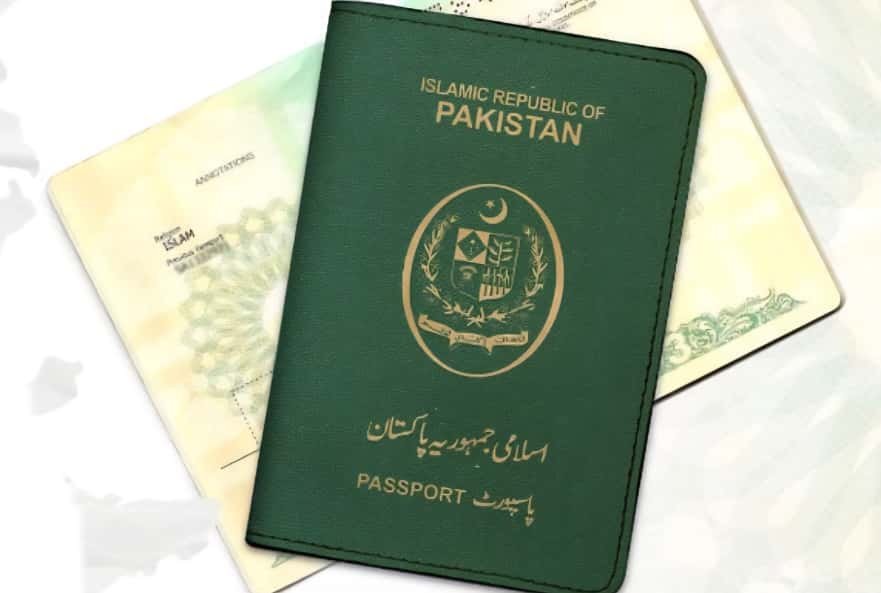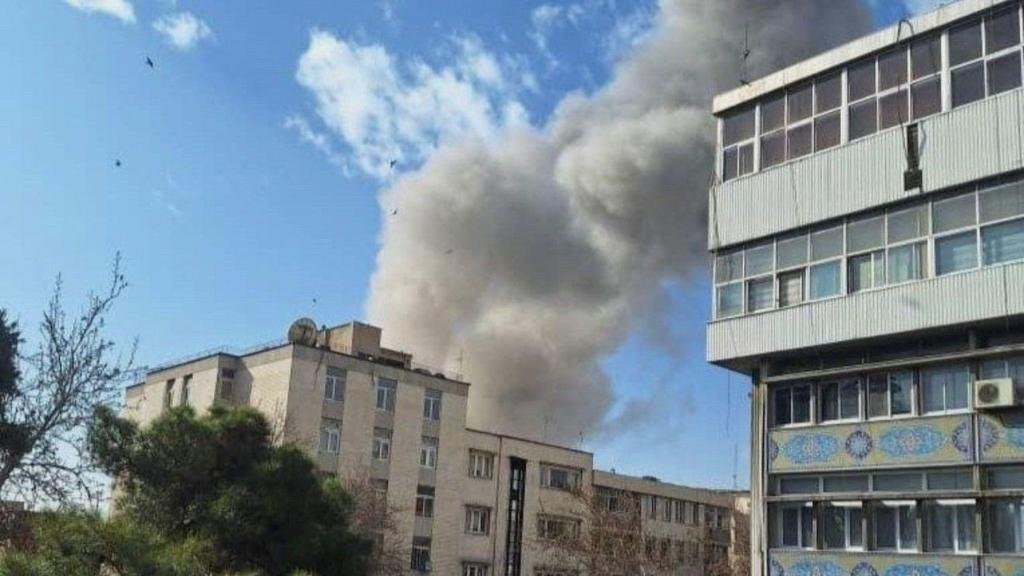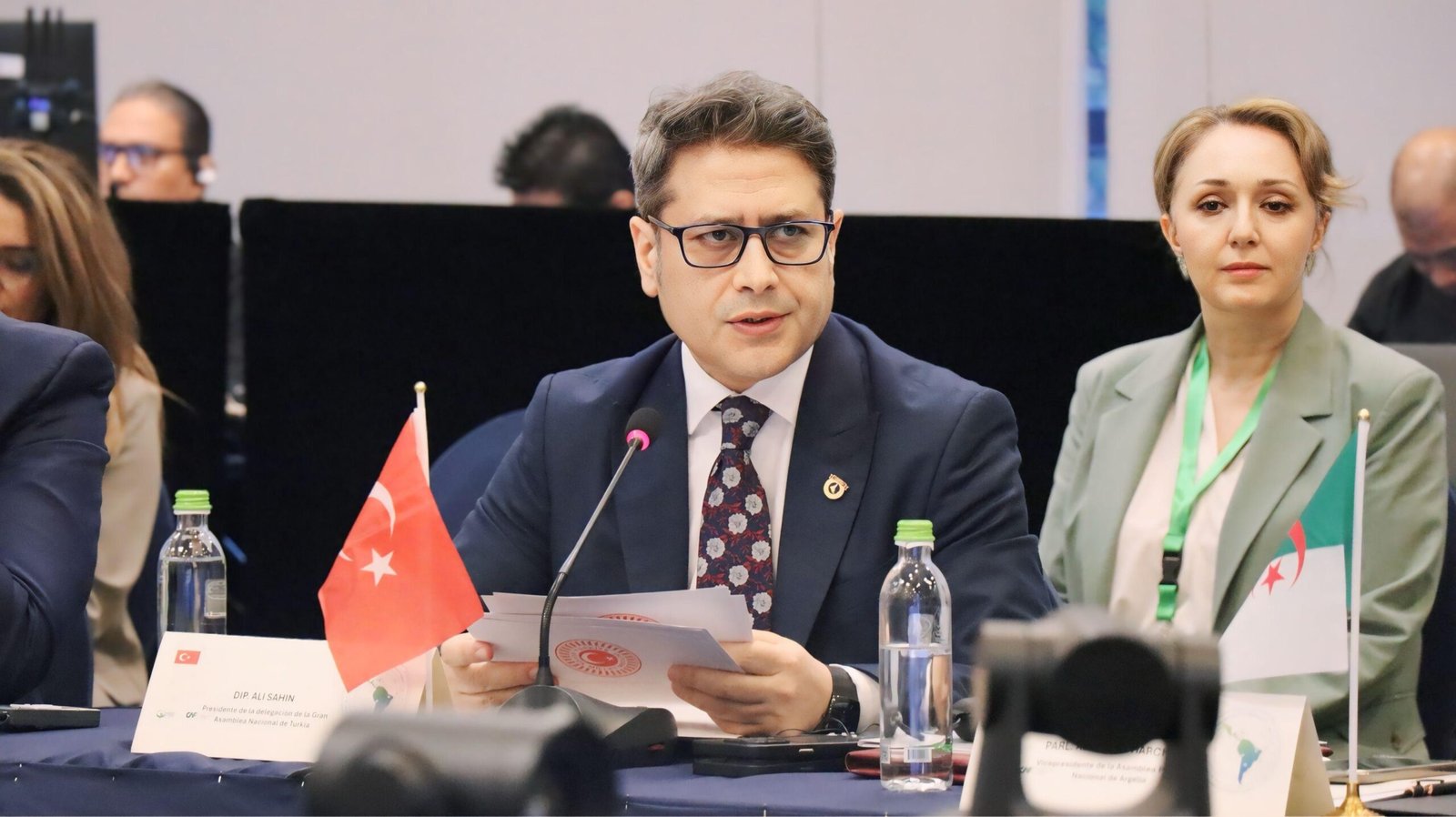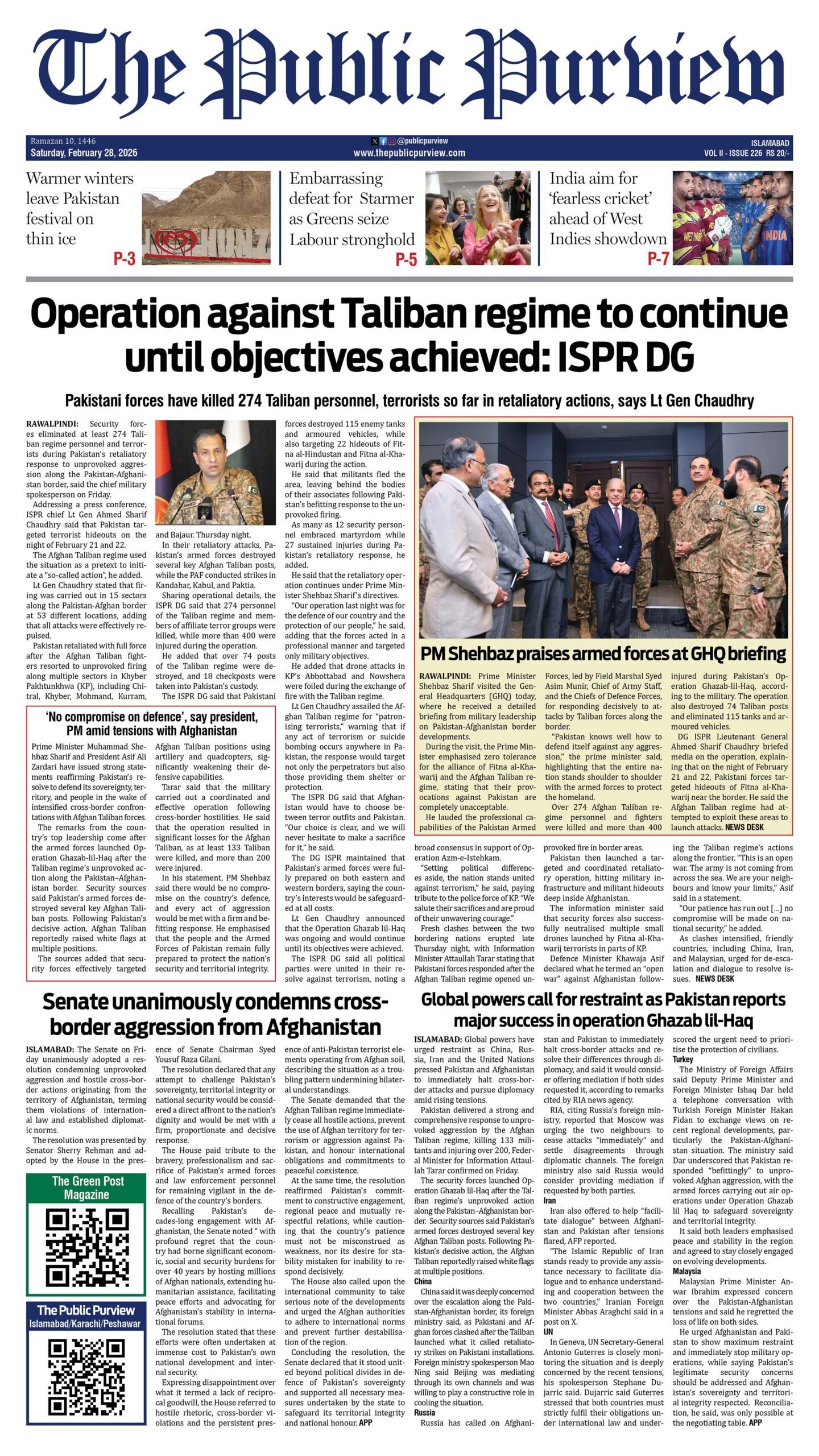
For the fifth consecutive year, the Pakistan passport has found itself among the world’s weakest, according to the latest global ranking. The ranking, released by the Henley Passport Index, once again highlights Pakistan’s limited travel freedom, with its citizens able to access fewer than 35 destinations without obtaining a prior visa. This persistent placement at the lower end of the index reflects not only Pakistan’s diplomatic challenges, but also deeper political, social, and economic realities that continue to shape its international standing. For many Pakistanis, the passport ranking is more than a statistic, it is a symbol of how the world perceives their nation, and a constant reminder of the barriers they face in an increasingly interconnected world.
The Henley Passport Index, one of the most respected global measures of travel freedom, evaluates countries based on the number of destinations their citizens can visit without a visa. While powerful nations like Singapore, Japan, and Germany dominate the top positions with access to over 190 destinations, Pakistani passport holders remain near the bottom, surpassing only a few countries affected by war or political isolation, such as Syria, Iraq, and Afghanistan. In the 2025 index, Singapore once again secured the top spot, while Pakistan stood among the bottom five. The widening gap between top-ranking and low-ranking countries demonstrates how global inequality extends beyond wealth and politics into the very freedom of movement itself.
This stark disparity has a profound impact on the everyday lives of ordinary Pakistanis. The weakness of the Pakistan passport translates into tangible hardships, longer visa applications, higher fees, repeated embassy visits, and the anxiety of potential rejection. Students seeking higher education abroad face delays or are forced to settle for less-preferred options. Business professionals miss global networking opportunities or struggle to attend international conferences. Families face prolonged separation, sometimes for months, as they navigate complex and often opaque visa procedures. For travelers from top-ranking countries, crossing borders is largely routine, for Pakistanis, it remains an exercise in patience, uncertainty, and financial strain.
The implications extend beyond inconvenience. Pakistan’s position on the index reflects the world’s trust, or lack thereof, in Pakistani travelers. This trust deficit has been built over decades due to political instability, inconsistent governance, security concerns, and strained diplomatic relations. Many nations, especially in Europe, North America, and parts of Asia, impose strict visa requirements due to fears of illegal immigration, asylum-seeking, or security risks. While these concerns are not unique to Pakistan, the country’s limited success in negotiating reciprocal travel agreements has kept its citizens in a position of disadvantage. Neighboring countries like India, Bangladesh, and Sri Lanka, despite their own challenges, have managed to secure better rankings through strategic diplomacy and more active engagement with global partners.
Experts suggest that the passport ranking is a symptom of deeper structural issues. Political instability has undermined Pakistan’s ability to maintain a coherent foreign policy, with frequent government changes leading to inconsistent international engagement. Even when policies are initiated, they are often abandoned midway, weakening the country’s credibility abroad. Additionally, internal security challenges, including terrorism and regional conflicts, have long shaped negative global perceptions. While significant progress has been made in counter-terrorism operations, the lingering image of Pakistan as a high-risk nation continues to influence visa policies and restrict travel freedoms.
Economically, Pakistan passport weakness mirrors domestic challenges. Stronger economies with stable governance tend to enjoy greater global mobility because their citizens are perceived as low-risk visitors. Conversely, nations facing inflation, debt crises, or political uncertainty are often subject to stricter visa controls. Many Pakistani citizens have experienced these limitations firsthand, being denied even short-term visas for tourism, business, or academic purposes. This creates a paradox in which talented and law-abiding citizens are constrained simply due to the country of their origin.
The issue also affects Pakistan’s large overseas community, one of the largest diasporas in the world. Millions of Pakistanis working in the Gulf, Europe, North America, and beyond often face difficulty bringing family members for visits, weddings, or emergencies. Visa rejections or delays not only cause personal hardship, but also perpetuate a perception of Pakistan as a country with limited trust and credibility on the global stage. Stories of travelers waiting for weeks or months for approvals, undergoing repeated interviews, or being subjected to additional scrutiny at airports have become all too common.
Despite the challenges, improvement is possible. Several countries that once had weak passports, such as Turkey and the United Arab Emirates, have improved their rankings through sustained diplomatic efforts, economic development, and global engagement. Pakistan could adopt a similar approach, with reforms aimed at enhancing international credibility, simplifying travel procedures, and fostering bilateral agreements. Incremental changes, such as easing visa processes for foreign tourists and investors, can also help build goodwill and encourage reciprocal arrangements for Pakistani travelers.
Diplomatically, Pakistan needs a long-term, consistent strategy that prioritizes global partnerships and regional integration. Strengthening ties with Asian, Middle Eastern, and African nations could open doors for new visa-free agreements, while cultural diplomacy and international engagement can help reshape Pakistan’s image from one of caution and risk to one of opportunity and reliability. Modernizing travel documentation and border security is equally crucial to assure other nations of the trustworthiness of Pakistani citizens.
Domestically, improvements in governance, law enforcement, and political continuity will naturally enhance Pakistan’s international reputation. Countries that project stability are more likely to gain global trust, which in turn can facilitate easier access for their citizens. Providing better education, job opportunities, and social support will also reduce the perception that Pakistani travelers might seek to emigrate illegally.
Additionally, Pakistan’s embassies and diplomatic missions should adopt a proactive role. Beyond administrative duties, they must negotiate mutually beneficial agreements, facilitate trade and tourism, and promote cultural exchanges. Small but strategic initiatives, such as introducing electronic visas or visa-on-arrival for specific countries, can gradually expand access for Pakistani travelers and improve the overall ranking.
In today’s globalized world, the Pakistan passport is more than a travel document; it reflects a nation’s reputation, diplomacy, and governance. Countries with strong passports signal stability, trust, and credibility. For Pakistan, the weak passport ranking underscores the work that remains to rebuild these attributes on the world stage. Strengthening internal governance, securing the economy, and projecting a positive international image are all critical steps toward enhancing mobility and opportunities for Pakistani citizens.
Until substantial reforms are implemented, Pakistani travelers will continue to face obstacles that most of the world no longer experiences. Each visa application, interview, or document verification serves as a reminder of the global barriers tied to nationality. Yet these challenges also offer an opportunity, a chance for Pakistan to reflect, reform, and redefine its position in a connected world.
The journey toward a stronger Pakistan passport is ultimately linked to the country’s broader trajectory. Patience, strategic diplomacy, and committed governance will be essential. A strong passport will symbolize not just easier travel, but also global recognition of Pakistan as a stable, trustworthy, and capable nation. With sustained effort, the nation can close the gap with the rest of the world, ensuring its citizens enjoy the freedom of movement that is increasingly a marker of opportunity, respect, and dignity.







 Today's E-Paper
Today's E-Paper